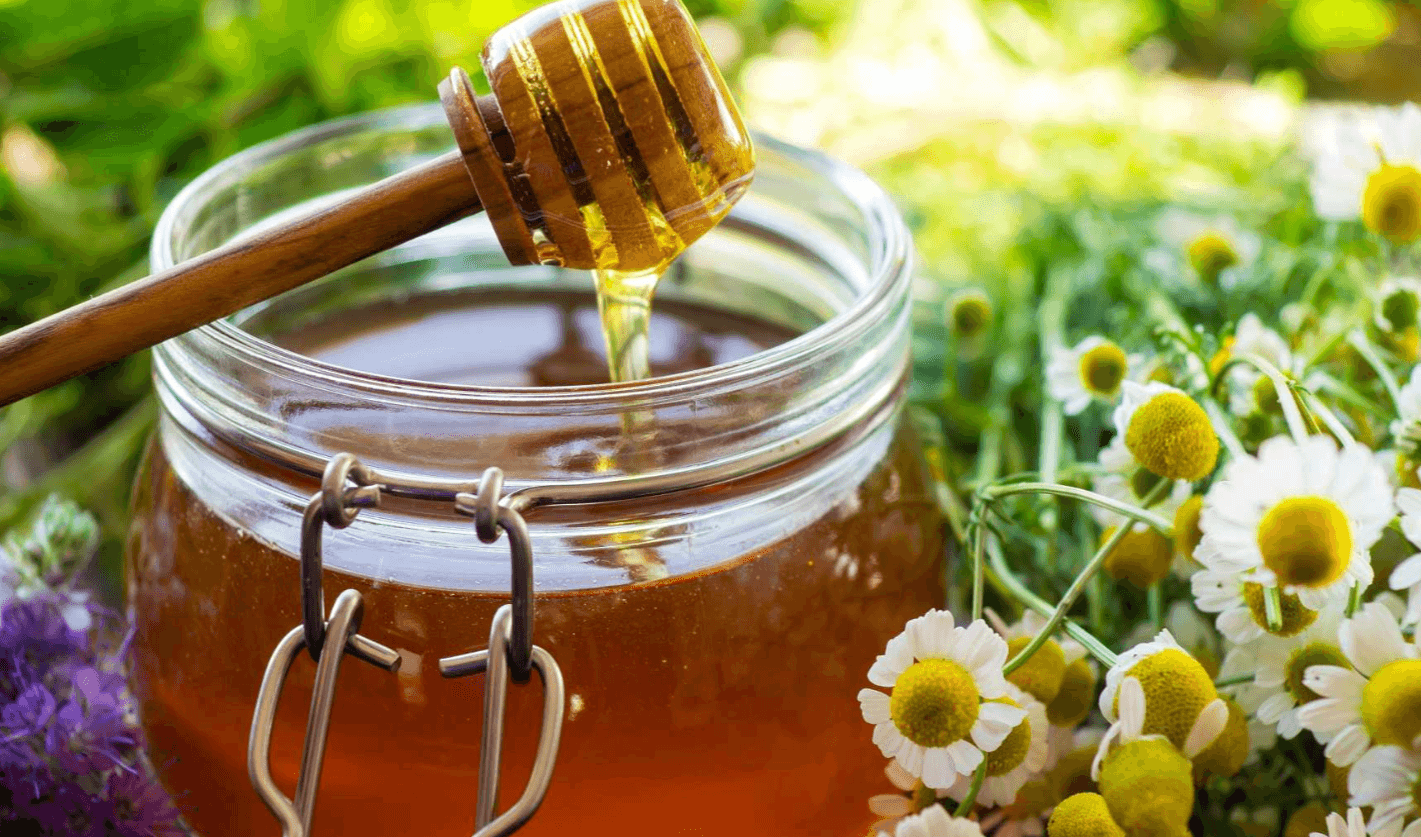On August 1st, according to the new calendar, the Feast of Macovei is celebrated — one of the oldest and most beloved summer holidays. On this day, believers honor the memory of the seven Maccabee martyrs and also celebrate the Origin of the Holy Cross, reports Baltimore Chronicle.
Previously, the Honey Feast (Medovy Spas) was celebrated on August 14th. However, after the Orthodox Church of Ukraine switched to the new (new Julian) ecclesiastical calendar, the Feast of Macovei is now celebrated 13 days earlier, on August 1st.
The Feast of Macovei is associated with the commemoration of the Maccabee brothers, who were martyred for their faith in 166 BC. Among those honored are the elderly priest Eleazar, his wife, and their five sons, who were tortured to death for their belief in the true God.
The name of the holiday is likely derived from the association with the plant poppy, which blooms around this time. However, the tradition of blessing poppies is not directly related to the Maccabees, as explained by the Orthodox Church of Ukraine. “Their surname in Aramaic means ‘hammer,’ symbolizing their firmness and strength in faith,” the church noted.
Ethnographer Georgiy Kozholianko adds that, according to scholars, the holiday of Macovei may originally have been a celebration of flowers and vegetables, although there is no definitive answer as to its original purpose.
On this day, churches traditionally bless honey. Folk customs include the preparation of honey-based treats, such as cookies, pancakes, pies with poppy seeds and honey. Honey is considered healing, and it is often added to dishes and drinks for health benefits.
Believers bring bouquets of wildflowers to church, which are blessed as protective charms. These bouquets, made of herbs, flowers, and grains, symbolize nature, summer, and the healing power of the earth. The blessed bouquet is placed at the entrance of the home to protect the family from harm and illness.
“Honey blessed on Macovei is kept for the Holy Supper at Christmas, where it becomes an integral part of kutya, and also serves as a charm against evil spirits,” Kozholianko writes.
Even in the construction of a house, the blessed poppy from Macovei was used for protection.
On Macovei, as with all other church holidays, it is prohibited to engage in heavy physical labor, quarrel, swear, or sew. Washing clothes is also forbidden.
Some signs associated with Macovei include: if swallows and swifts have already flown away or are preparing to leave for warmer regions, the nights will be colder. Rain on Honey Feast predicts that the forests will not catch fire throughout the year.
If the day is hot, it is a sign of a warm year.
August 1st also marks the beginning of the Assumption Fast, known as Spasovka. This fast is a period of preparation for the Feast of the Dormition of the Virgin Mary on August 14th. The fast is quite strict, comparable to the Great Lent, requiring abstinence from animal products, fish, seafood, and dairy. The only exception is on the feast of the Transfiguration of the Lord, when fish is allowed.
The Orthodox Church of Ukraine emphasizes that fasting is a spiritual feat and should be a conscious and voluntary choice, rather than a compulsion.
“Fasting of both body and soul is a great gift for all Christians, offering significant benefits for both spiritual and physical health, and it provides limitless opportunities for positive change,” the Church highlights.
Earlier we wrote that on July 28: Ukraine commemorates the victims of russian captivity.

